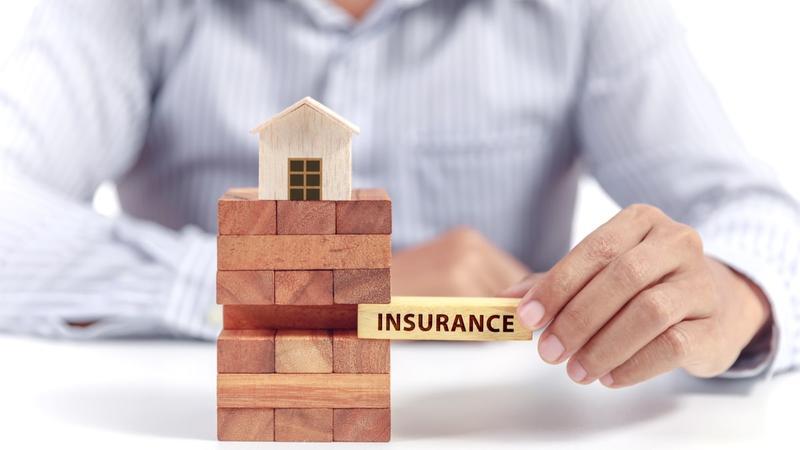Questions about liability can be tricky when it comes to home insurance, but making sure you're covered is important. Check the details of your home insurance policy to see what your coverage is like, and if you're not satisfied with what you have, you can always shop around for a new home insurance quote to secure a policy at a great rate. The answers to these frequently asked questions can help you make sure that you have the knowledge you need to make the best decisions about your home insurance:
1. Am I liable if someone gets hurt on my property?
If someone sustains an injury on your property, you are definitely liable, but your insurance company can help to protect you from financial responsibility by providing you with liability insurance. This means that if someone is injured on your property, even if it is entirely their fault, your insurance company will cover any damages. This includes injuries such as slip and fall, dog bites, and almost anything else you could imagine.
2. Do I need liability coverage for my cottage or second residence?
Of course you need liability insurance on a cottage or second residence. Unfortunately injuries can occur at vacation properties too! Before buying a separate policy check your home insurance policy - because you may be able to extend that coverage to your second home, or add additional coverage (a rider) to include it. Even if you have to secure an additional insurance policy, by staying with the same company, you'll likely see a multi-product discount, which can help to save you on your premiums.
3. Will my home or auto policy cover my travel trailer?
Liability coverage for your travel trailer is provided for by either your home insurance (if it is parked on your property) or your auto insurance (if it is being towed by your vehicle). Unfortunately, neither policy will necessarily cover the damage to the trailer or its contents; it will only cover the damages or injuries that the trailer causes to others or their property.
Depending on the value of your trailer and its contents, it may be covered under your home insurance (as property), but you need to check your policy to confirm. For higher value trailers, most insurance companies recommend purchasing a separate RV & trailer insurance policy to make sure you have maximum protection on your investment.
4. Can you refuse a home inspection by your insurance company?
Refusing a home inspection by your insurance provider (or potential insurance provider) will likely result in their refusal to continue to insure your property (or grant new insurance coverage to you). Your insurance company has every right to inspect your property to make sure it is insurable, and doesn't have any potential uninsurable hazards (including faulty wiring, an unsafe furnace, or other possible disaster waiting to happen). As an added bonus, allowing your insurer to inspect your home with ultimately help to ensure the safety of your family and possessions as well.
5. If your child is attending college or university and not living at home, are their belongings still covered under your home insurance policy?
If your child was residing with you immediately before going to school, then the possessions that they take to residence with them are typically covered up to a specific value under your home insurance policy. Check your policy for details, as most insurance policies only offer coverage to a maximum of $2,500. Additional coverage can be added, and is likely necessary if they're taking a computer or laptop (which is more likely than not). Take inventory of the belongings that your child is taking with them, and make sure you have enough coverage.
If your child will be living off campus in an apartment, tenant's insurance might be an ideal way to get the additional protection that your child needs. For a minimal cost, your child will have full coverage for their belongings, furnishings, etc. while they're away at school.
Home insurance is the only thing protecting you and your family from loss in the event of a disaster, theft or accident involving your home and your property. Make sure you have the appropriate protection in place, and that you have all the information you need about home insurance coverage before you come up against a situation that leaves you wishing you'd known more. Your best bet is to educate yourself before something happens, so that you can be prepared and comfortable, knowing that you're covered.
